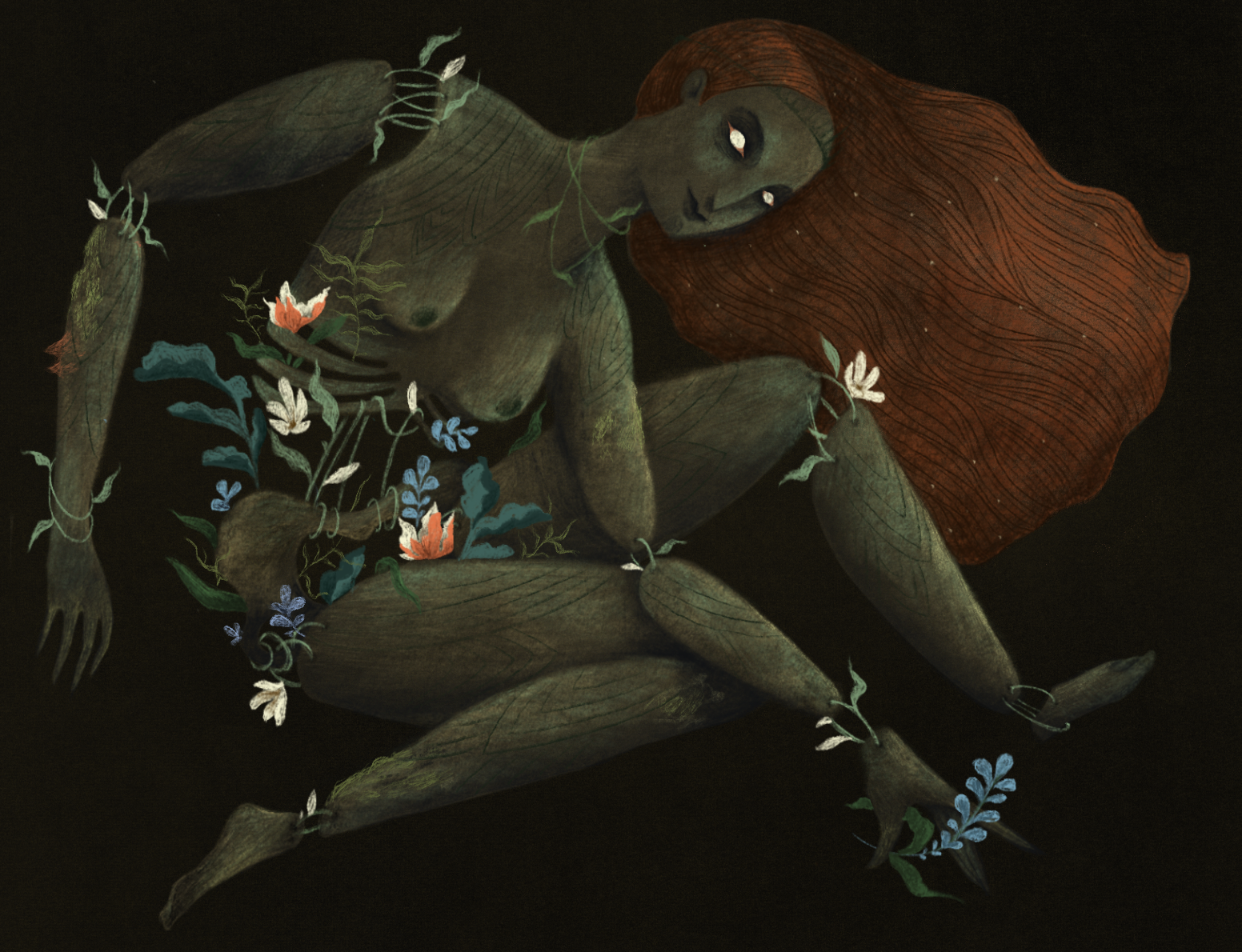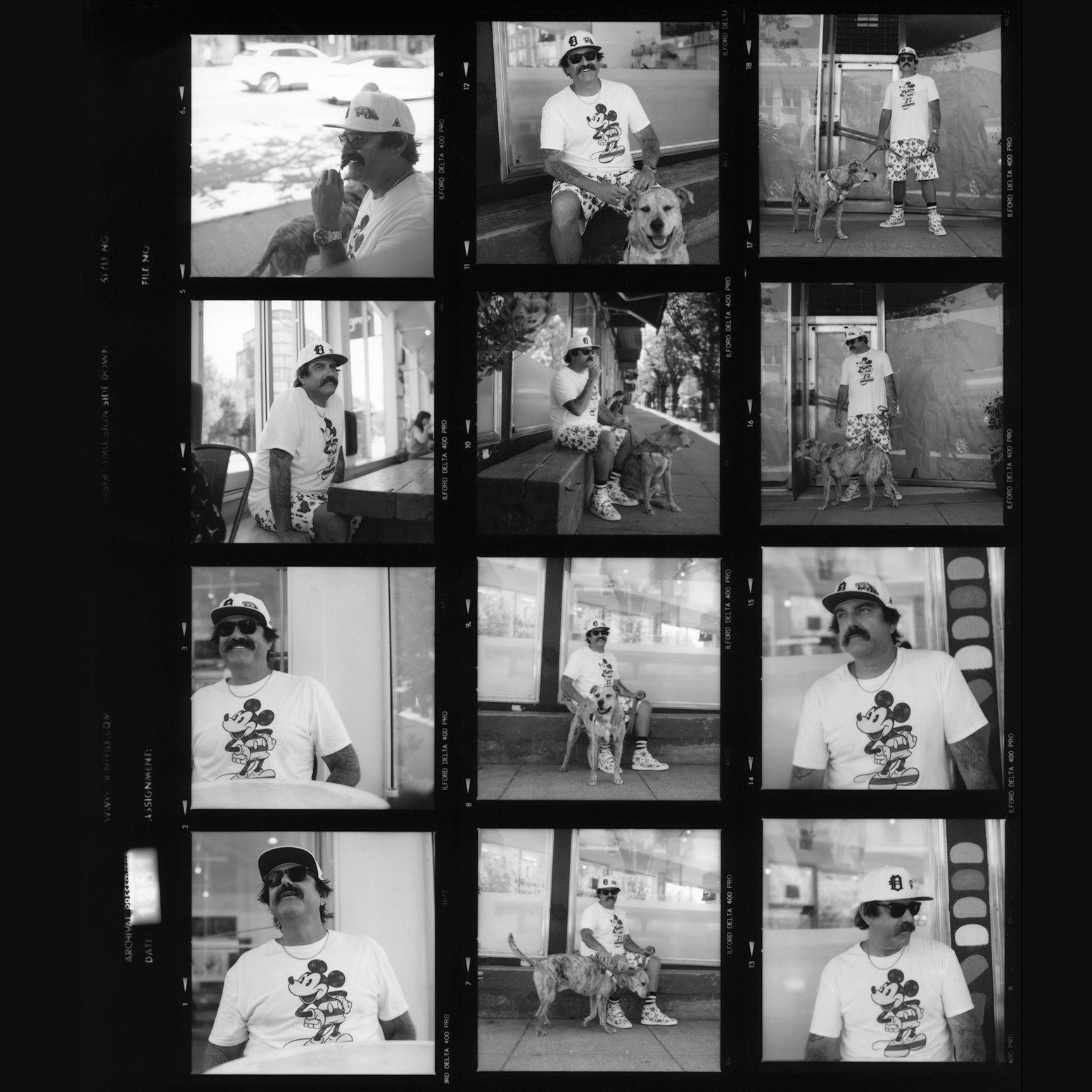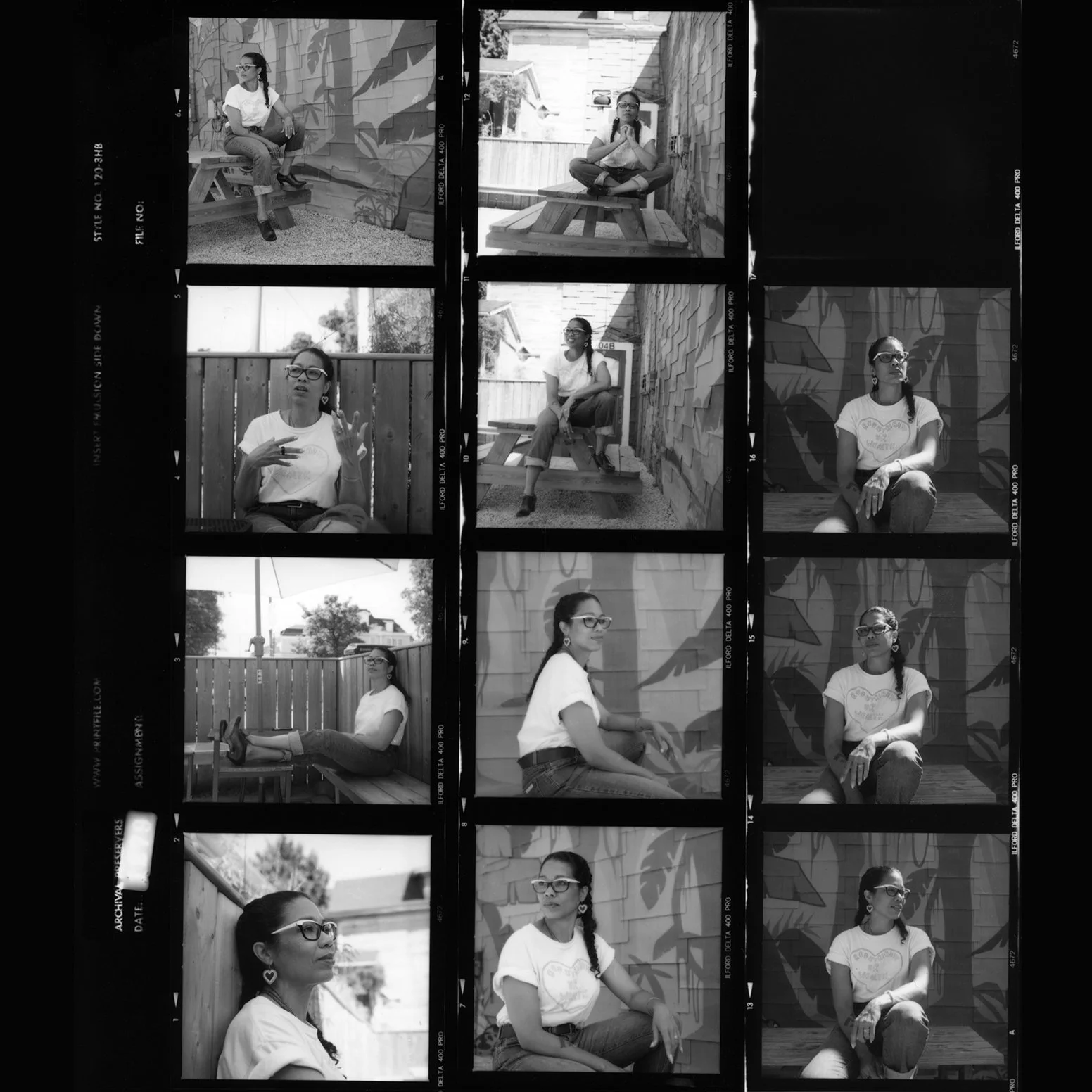Jackson Wai Chung Tse 謝瑋聰: Breaking the Silence, Taking Space
/Jackson Wai Chung Tse 謝瑋聰 is a multi-hyphenate in the fullest sense of the term. As part of the Troublemaker’s 3.0 Program at this year’s Vancouver Queer Film Festival, Tse was matched with local troublemaker and legendary Canadian artist Paul Wong to create Paul Wong: Breaking the Silence—a short documentary profiling Wong’s work, history, and thoughts. I sat down with Tse to discuss his robust and varied artistic life, this project, and the echoes it has made in his many mediums of work.
Photo by Peter Taylor.
Elizabeth Holliday: Let’s start with your name, pronouns, and any identifiers you’d like to share.
Jackson Wai Chung Tse 謝瑋聰: My name is Jackson Wai Chung Tse 謝瑋聰, and my pronouns are he/she/they. My Radical Faerie name is Sunshine, and my instagram handle is @sonofjacky.
EH: Tell me about yourself as an artist.
JT: I think I first fell in love with art [through] music […] My first love was piano, and I think it really gave me that [artistic] training, the language, and enhanced my sensitivities towards emotion and feeling that is so crucial to art. As I got older and explored the world[s] of theatre and dance and writing, I really was fascinated by connecting to the emotions that make us human, and eliciting that out of myself and therefore eliciting that from my audience.
EH: What are your disciplines?
JT: I think it’s still evolving and I’m always curious about more. Right now I play the piano, I do theatre, I sing, I act, I dance, I’m a professional model, a photographer, a filmmaker. [I’m] a poet, [and] a published writer, and recently I got into Block A of Playwright’s Theatre Centre [with David Geary].
EH: Is there a philosophy that guides you work?
JT: I’m really interested in highlighting the stories of those that have been historically and systematically silenced and oppressed, giving them space and giving voice to those stories. I try really hard to find the humanity in people. Like in [Breaking the Silence], [Paul Wong has] really had to advocate for himself his whole life; he had even greater difficulties and circumstances than I did, growing up in the 60s and the 70s. And so he’s very good at talking about what he does and intellectualizing the conversation […] But I was really interested in learning more about how he felt during some of those times. Because feelings are something that we can all relate to. It’s all about connection for me, really. It’s all about bridging the gap, about humanizing those stories and allowing people to feel connected with people that they feel at odds with, that they feel different from, maybe a little bit afraid of as well.
EH: When did you begin making films?
JT: Breaking the Silence is actually my very first film, so I am excited to create more.
EH: How did you get involved in Troublemakers 3.0?
JT: Esther [McPhee] at Qmunity told me about it […] I was just over the moon to connect with [Love Intersections] as well as Reel Youth and the Vancouver Queer Film Festival, and see how they do their work. I’m always really interested in various forms of art. I struggle with it, because I think in some ways it’s easier to market yourself if you’re just [one] thing, but I don’t want to limit myself. I just kind of follow my curiosity, and film was certainly one of those things. I was very curious about telling stories and trying to convey the emotions of a person so that an audience can feel connected, feel less alone. I think that’s what really good art does. And so I thought film would be a brilliant medium to tap into.
Paul Wong and Tse on the set of Breaking the Silence. Photo via Reel Youth.
EH: How was it to be matched with Paul Wong?
JT: To be honest I hadn’t even heard of Paul Wong prior to joining the Troublemakers program. He walks in and he’s an immediate presence, he’s amazing, and everything he says is just truth-bombs, wisdom-bombs. I was like, “Oh my gosh, I just landed a celebrity, I think. An actual celebrity.” I googled his name and there’s interview after interview. I was like, “who am I? This young little whippersnapper trying to interview this guy.” But now I consider him one of my greatest mentors and friends, and I’m so grateful to know him.
EH: How did you overcome that self-consciousness of “I don’t deserve to do this?”
JT: Paul did something really beautiful: he just really encouraged me to take space. That was the first time that I had ever really heard that. In the movie he talks about how us Chinese people historically were given the worst jobs, like handling explosives—people died by the thousands building the railway […] there was the Chinese exclusion act, there were so many barriers set against us […] it was just the law. He talks about how his parents, having been through all of that, felt like they needed to keep their heads down to be safe. I know that feeling; I know what it’s like to grow up in conservative Alberta, in a Chinese Christian environment and a really white environment. I need to keep my head down, I can’t be queer, I can’t really raise my voice, it’s just: survive until I can get to somewhere better. But that wasn’t what [Paul’s] heart wanted. His heart wanted to be a radical artist, out loud, proud, and queer, so he encouraged me to be visible. Because if you allow yourself to be visible, you allow the world to see you. There’s space for you to take now! And if you take that physical space, others will join you. I’ve been really germinating on that a lot more; during the process it allowed me to keep my head up, really trust my instincts, and realize that I am every bit as worthy as the next person to tell a story.
EH: How did this experience change you?
JT: Maybe the permission has always been there but nobody’s told me, insisted, that I take space before […] This whole process has helped elevate my confidence in myself and to be able to trust my gut and my intuition that what I have to say is important, and is so valuable.
Photo by Shar Cuthand.
EH: How does this new sense of self affect your current projects?
JT: My current projects are around building my small business [Benevolent Body Work, a holistic bodywork practice which offers discounts to LGBTQ+ folks], and I’m also a MEC Outdoor Nation Ambassador. In that role, I’m looking to reduce barriers for people of colour to access the outdoors. I think it’s allowing myself to do the best that I can […] I’ve spent so much time being mindful of the space that I take that now I’m in the other direction, I’m kind of expanding my comfort zone to learn to ask for what I want, to claim it.
Paul Wong: Breaking the Silence is available to view on youtube. Jackson is on instagram at @sonofjacky.




















